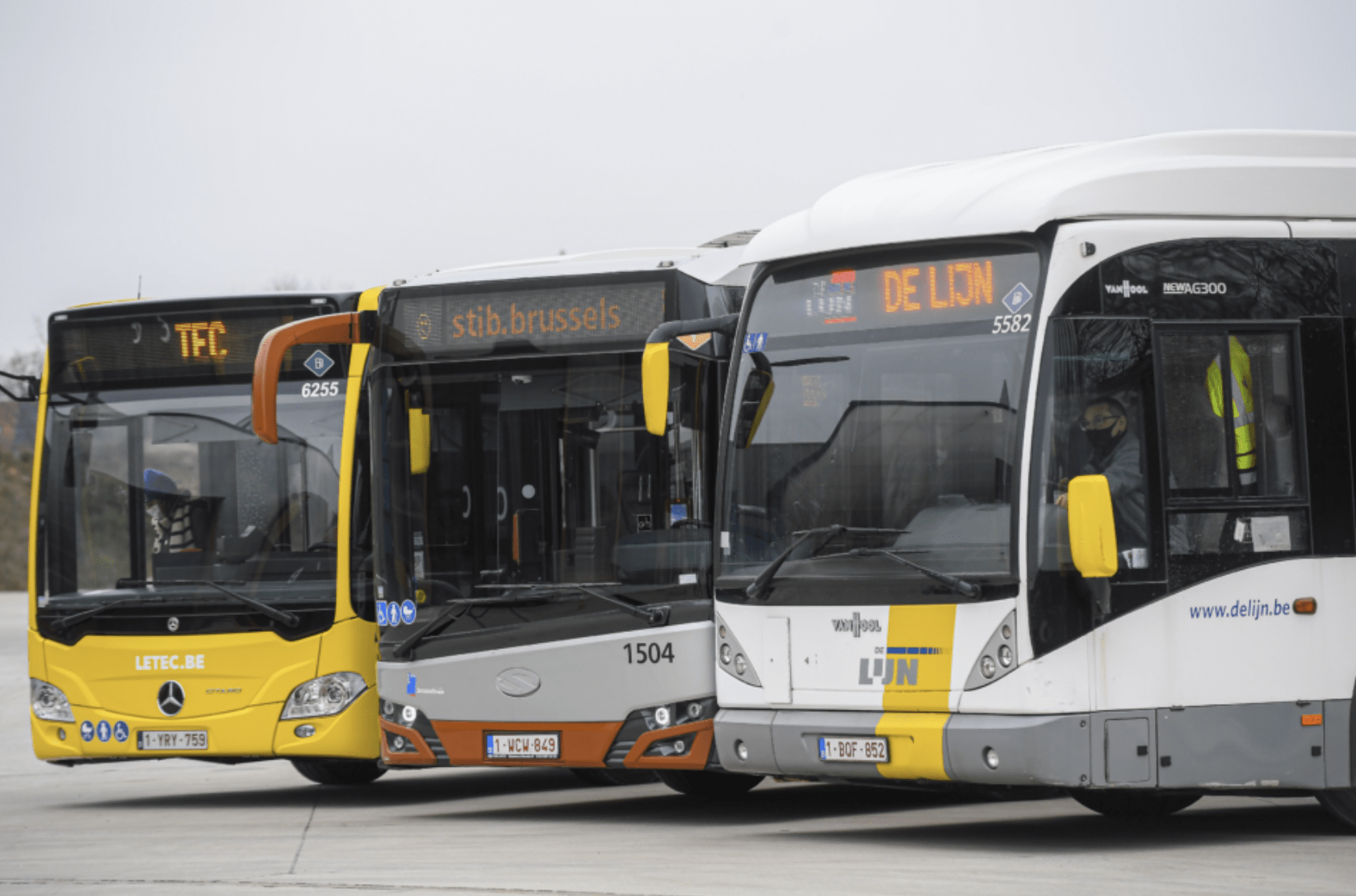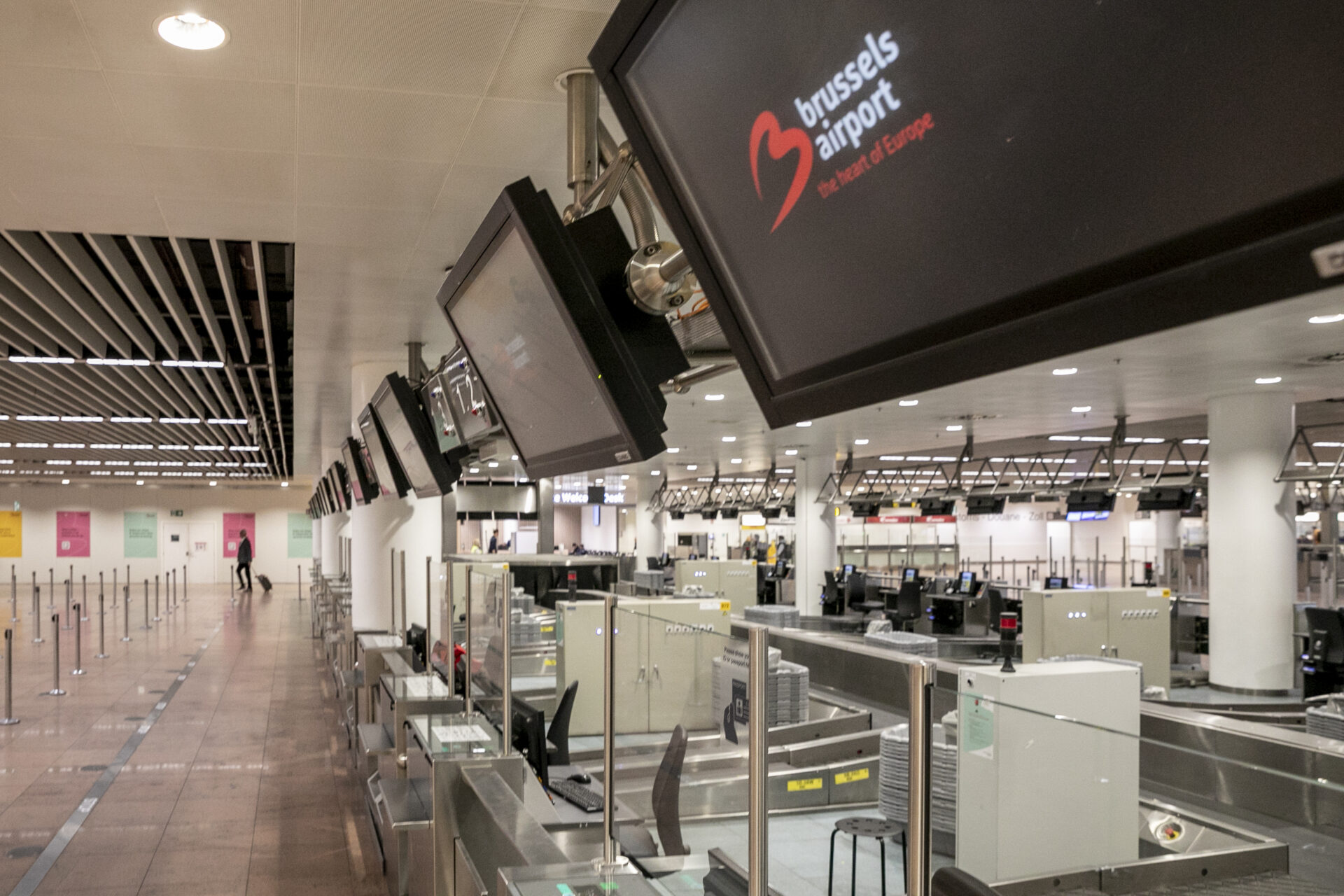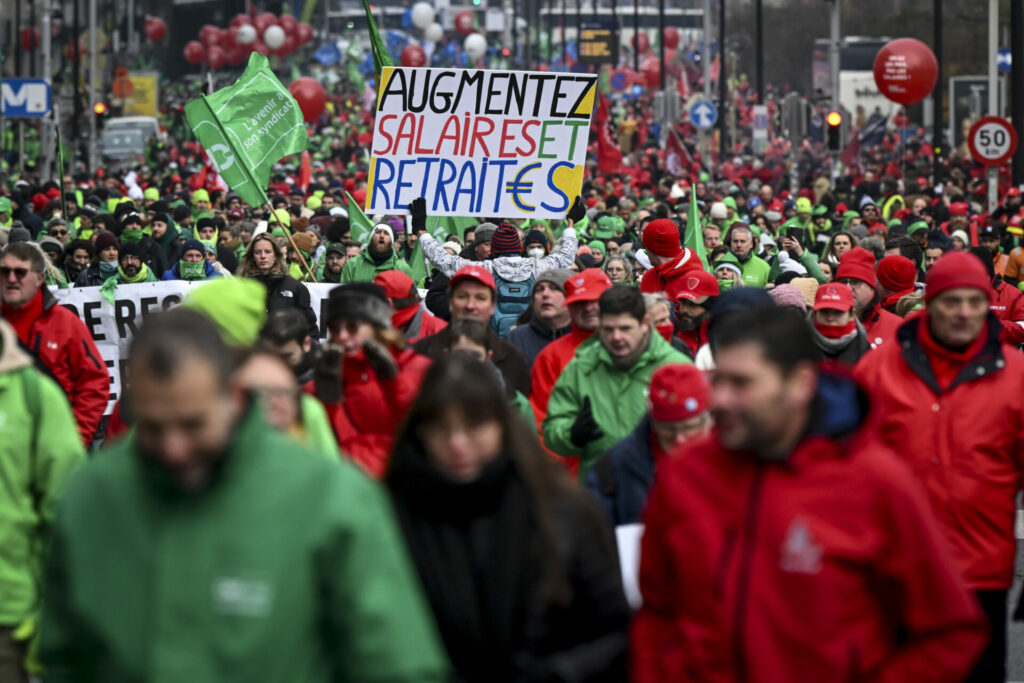As was previously predicted, the national day of action organised by various Belgian trade unions has caused hindrances for public transport as well as air traffic.
Trade unions organised a demonstration in Brussels on Friday, calling for more purchasing power and measures to alleviate the cost of living crisis. The latest update from the police in the Brussels-Capital Ixelles area suggested 16,500 people were taking part in the demonstration.
This is one of many actions organised over the course of the year in light of the various hardships affecting people across the country as a result of the energy and cost of living crisis.
While the various trade unions recognised that some measures have been taken to protect employees (among them a 6% reduction in VAT on gas and electricity, an extension to the social tariff, and a basic energy package) they argued these steps serve only as "band-aids that won't stop the bleeding but will only delay the inevitable carnage."
Public transport in Brussels disrupted
Brussels public transport operator STIB confirmed earlier this week that disruptions to tram, bus and metro traffic were expected due to the participation of some STIB staff, while the passage of the protest will have an impact on the traffic of several tram and bus lines.
In Brussels, only metro line 1 is running on Friday, of which the service has been extended to Erasmus. Trams 3,4, 7, 8, 9, 51 and 92 are also running. For buses, this is the case for lines 12, 36, 46, 50, 53, 56, 59, 65, 71, 87 (extended to Etangs Noirs), 95 and T-bus 92.
The company has called on people to find alternatives for their journeys, adding that it will provide "information on the situation in real-time" on its website and social media channels.
Situation in Flanders and Wallonia
The unions' planned day of action will also result in fewer De Lijn buses and trams operating, the public transport company warned in advance and confirmed on Friday morning.
In West and East Flanders, Limburg and Flemish Brabant, 60 to 63% of buses and trams are out of service. In the province of Antwerp, the situation is slightly less disruptive, as some 53% of trams and buses are running. In the big cities, those percentages are a bit lower still.

TEC, STIB and De Lijn buses. Credit: Belga
In Wallonia, there is also a lot of disruption on public transport due to the unions' action, reports the region's public transport operator TEC. The action will affect lines servicing Charleroi, Liège, Hainaut, Namur and Walloon Brabant. The network in Luxembourg was less affected. The company has published a list of bus timetables on its website.
Majority of flights cancelled
At Brussels Airport, six out of 10 flights were cancelled in advance due to the union demonstration, resulting in things being quieter than usual on Friday. This also means there is sufficient capacity to allow the remaining flights to run smoothly, according to spokesperson Ihsane Chioua Lekhli.

Brussels Airport during a previous national day of action. Credit: Belga/ Hatim Kaghat
"It is quite quiet at the airport at the moment. In consultation with the airlines, 60% of flights have been cancelled. This was necessary so that there are no lengthy queues, and to ensure safety," she told Belga News Agency on Friday morning. The airport mainly expects inconvenience in screening and handling.
The airlines have given advance notice to affected passengers meaning they should be informed that their flights are cancelled. "As a result, things are pretty calm now. There might be some long queues at peak times. But overall, the capacity is now sufficient to allow the flights that are still there to run smoothly."
Related News
- National demonstration in Brussels: Tens of thousands of protesters expected
- National demonstration: Public transport disruptions on Friday
The airport advises passengers to limit the amount of luggage and to be mindful of public transport disruptions, asks passengers travelling outside the Schengen zone to bring their passports to use the automatic passport control, and for people not to arrive at the Zaventem airport earlier for departure.

